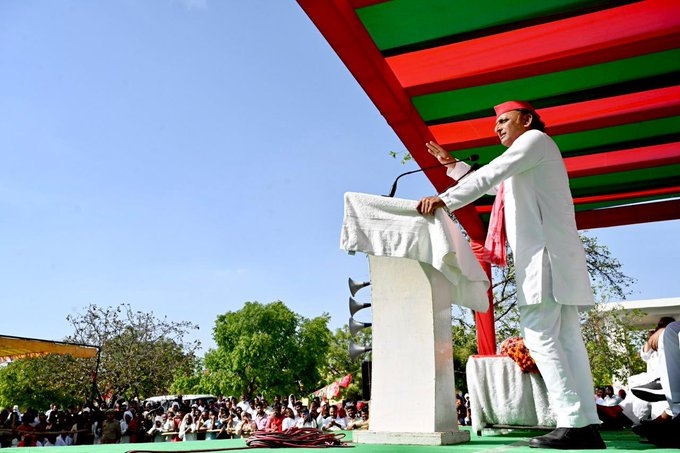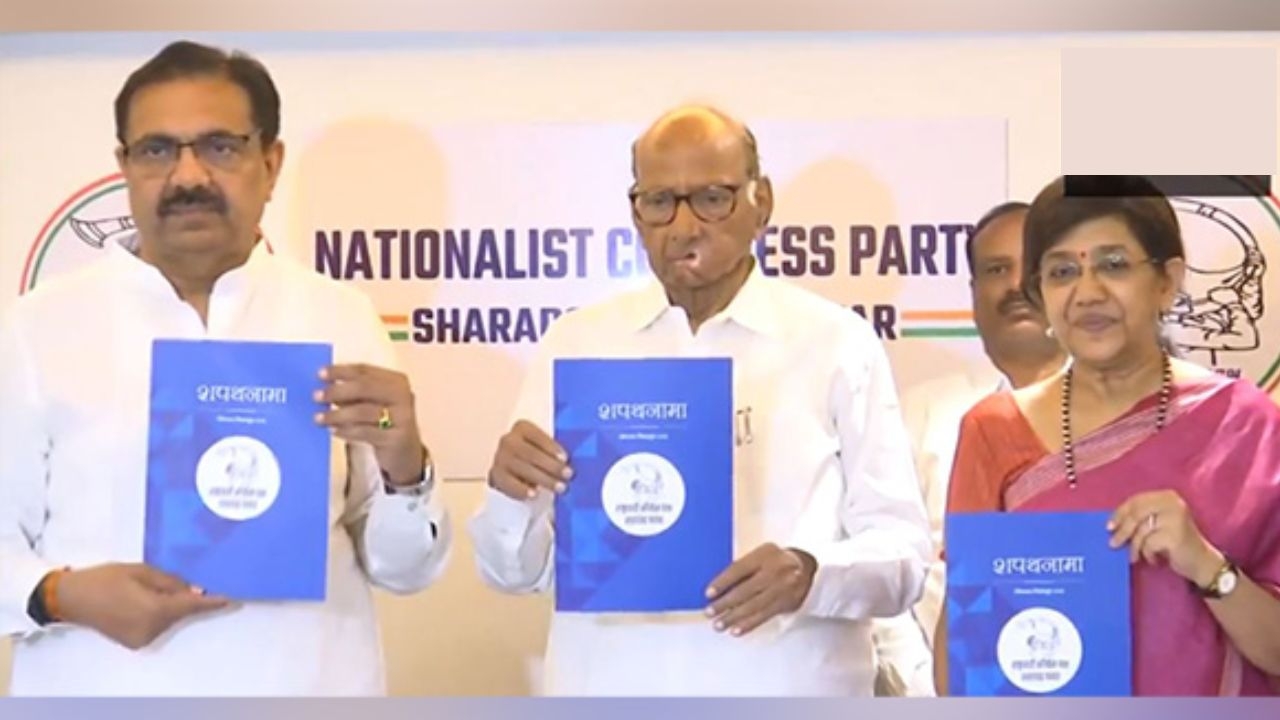3 Presidents have rejected the Guj anti-terror Bill: here's why it should be buried for good
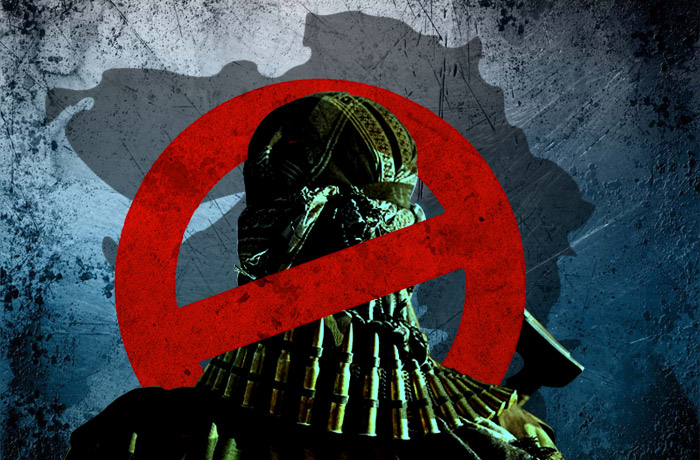
The Bill
- President Pranab Mukherjee has sent back GCTOC, the controversial Gujarat anti-terror Bill
- This is the fifth time that the President has sent back the Bill, since it was first passed in 2004
The concerns
- The Bill is widely criticised for being draconian and unconstitutional
- It arms the police with unregulated powers of surveillance, arrest and even torture
More in the story
- Why 3 Presidents sent the Bill back
- What are the problematic clauses in the Bill?
- Why is the Gujarat govt so persistent on getting it passed?
The President of India returned the Gujarat Control of Terrorism and Organised Crime (GCTOC) Bill for the fifth time. As a result the Union Home Ministry has withdrawn the ordinance an promised to come back with a revised draft.
President Pranab Mukherjee is the third President to return the Bill, after APJ Abdul Kalam and Pratibha Patil. The Bill is said to be the most repressive anti-terror legislation introduced in this country.
Also read - Controversial Gujarat anti-terror bill withdrawn by Centre
It was first introduced by the then Chief Minister of Gujarat, Narendra Modi, in 2004. Since then the Bill, with slight revisions and different names has been passed by the state assembly of Gujarat five times, in 2004, 2008, 2009 and in 2015.
And on all these occasions the incumbent Presidents, the final authority whose signature could make the Bill a law, have hinted at excesses in various provisions of the Bill and returned the Bill.
But why does the state want this law so badly? According to interviews given by the leader of Opposition in Gujarat, the Bill is "not meant for protection of people but for the protection of the BJP".
In an interview given to Catch, former Gujarat DGP of Gujarat, RB Sreekumar had spoken about direct instructions from his then boss, the Chief Minister of Gujarat, Narendra Modi, to pick up Congress leaders and implicate them in false cases.
This does provides hints towards how the Bill could be misused.
During the past 12 years, since the Bill was first introduced, it has been described by various lawyers and activists as being 'excessive', 'draconian', and 'diabolic'.
The reasons are quite obvious. Take a close look at some of the provisions in this Bill.
1. The provision: Clause 16 of GCTOC makes confessions before police officers admissible in court. It stipulates that "a confession made by a person before a police officer not below the rank of Superintendent of Police.shall be admissible in the trial of such accused, co-accused, abettor or conspirator."
The implications: Once enacted it will give police unrestrained powers to pick anyone up and force them to confess to crimes they may never have even heard about.
2. The provision: The Bill provides for extension of the period of investigation and filing charge-sheet from the stipulated 90 days to 180 days.
The implications: This means that the police can confine somebody for 180 days on suspicion of a crime irrespective of whether the person has committed the crime or not.
GCTOC was first introduced by Modi in 2004. It has been rejected 5 times by 3 Presidents
3. The provision: The Bill makes "evidence collected through the interception of wire, electronic or oral communication" admissible in the court.
The implications: Things said in private and communication that may never have been recorded, can be enough invite the state's wrath.
4. The provision: It provides immunity to the state government from legal action. Section 25 of the Bill states, "No suit, prosecution or other legal proceeding shall lie against the State government or any officer or authority of the State government for anything which is in good faith done or intended to be done in pursuance of this Act."
Also read - Alarm bill: why GujCTOC is frightening rights activists, opposition
The implications: After introducing provisions that violate fundamental rights of citizens, the state excuses itself of explaining itself to anyone. In principle it is just like the dreaded Armed Forces Special Powers Act (AFSPA) which grants the right to even a non-commissioned officer (NCO) to shoot to kill based on mere suspicion that it is necessary to do so in order to 'maintain the public order'.
5. The provision: It makes offences under the Gujarat Control of Terrorism and Organised Crime Act, 2015, non-bailable. Clause 20 (4) of the Bill states, "Notwithstanding anything contained in the Code of Criminal Procedure, no person accused of an offence punishable under this Act shall, if in custody, be released on bail or on his own bond."
The implications: So the Gujarat police, or the state, can listen to your communications over email and phone. It can confine you for 180 days, torture you to produce confessions of crime you may never have committed, which will be used as evidence against you. It can deny bail to you and in case you consider challenging this state-of-affairs in the court, it can get away by explaining that it did all this in 'good faith'.
The most draconian anti-terror Bill in India ever
"There are provisions in this Bill that are more draconian than any other law that exists in the country today. Gujarat police, which already has an abysmal record of violating human rights, doesn't need more powers. Look at the way the state has dealt, in an underhanded manner, with their primary political opponent - Hardik Patel," said human rights activist Teesta Setalvad.
It's not as if the Bill has been quashed due to the Congress led government at the centre or because of Presidents who were its nominees. Even President APJ Abdul Kalam, who was nominated by the then NDA government, sent the Bill back in 2004 even though the BJP was in power in the state as well as the Centre.
President Kalam demanded that the clause relating to interception of communication be removed.
To take another instance, in 2008 it was Pratibha Patil who refused to clear the Bill, seeking more changes, including deletion of the provision allowing confessions before a police officer as evidence in court.
It empowers police to pick up people and force them to confess to crimes they haven't even heard about
According to media reports, the Bill has also recently been opposed by the ministry of communication, information and technology, and by the Rajnath Singh-led Ministry of Home Affairs as well. Gujarat, however turned down all these objections and pressed ahead.
Supreme Court advocate Kamini Jaiswal says she's glad that the President is putting his foot down.
"We don't need any more special laws. The existing laws are already being abused. This has been the state of affairs with Gujarat since 1990 when they started picking people under TADA. Gujarat is the state that has abused laws most in this country."
She added that there were recorded cases of Gujarat police picking people up from funeral processions and arresting them for being involved in terror activities.
"It's all recorded. These are known cases. So I'm happy for the moment that they're not getting more powers from their special terror law."
For the moment the Home Ministry has decided to withdraw the Bill. But there are reports that the Home Ministry will tweak it and present it before the President, for approval, again. When it happens, liberty and life of millions of people will be put to risk again.
More in Catch - Meet the 23 cops who embody Gujarat's carrot-and-stick policy
The bizarre FIR against Teesta Setalvad as Zakia Jafri case approaches
First published: 29 January 2016, 2:44 IST

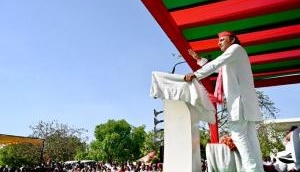
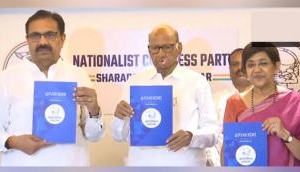
_251372_300x172.jpg)
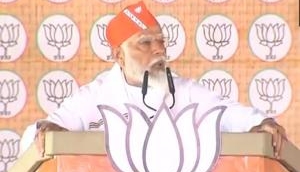
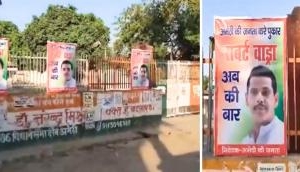
![BJP's Kapil Mishra recreates Shankar Mahadevan’s ‘Breathless’ song to highlight Delhi pollution [WATCH] BJP's Kapil Mishra recreates Shankar Mahadevan’s ‘Breathless’ song to highlight Delhi pollution [WATCH]](http://images.catchnews.com/upload/2022/11/03/kapil-mishra_240884_300x172.png)

![Anupam Kher shares pictures of his toned body on 67th birthday [MUST SEE] Anupam Kher shares pictures of his toned body on 67th birthday [MUST SEE]](http://images.catchnews.com/upload/2022/03/07/Anupam_kher_231145_300x172.jpg)


